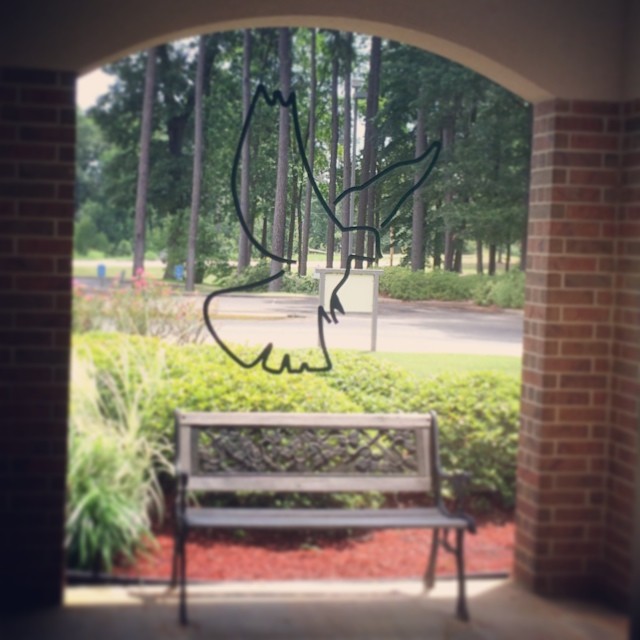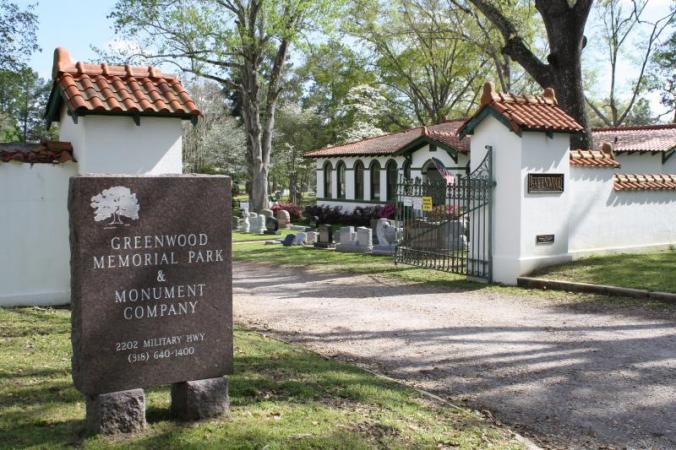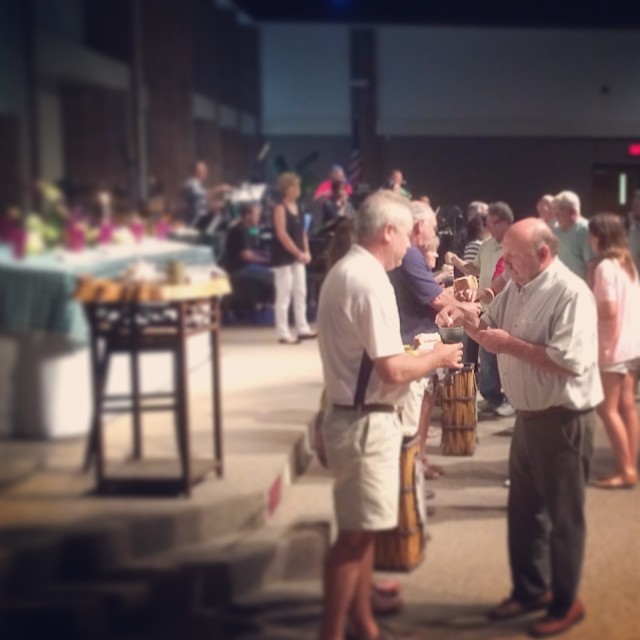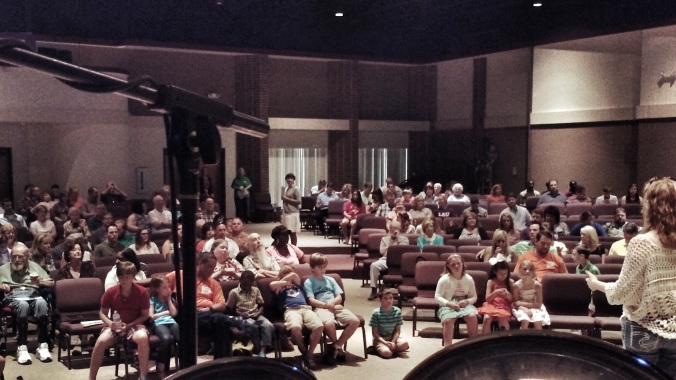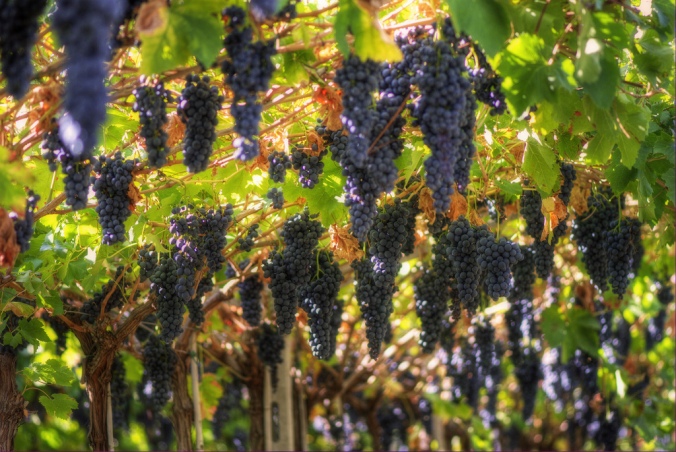 There are many needs in our world. A quick glance at the local newspaper, evening news, or smart phone notifications serves as a reminder for all of us of the need that the world has for healing, wholeness, and restoration. Congregations have to figure out how they are being called to be agents of healing in light of all the brokenness. The question is, how do we decide what we are being called to be as God’s people?
There are many needs in our world. A quick glance at the local newspaper, evening news, or smart phone notifications serves as a reminder for all of us of the need that the world has for healing, wholeness, and restoration. Congregations have to figure out how they are being called to be agents of healing in light of all the brokenness. The question is, how do we decide what we are being called to be as God’s people?
It is easy to do what we have always done. In most cases this includes mostly internal programming that is member centered. Even when we engage missionally we tend to look at our initiatives from our perspective instead of from those that we are trying to reach. A sense of inertia begins to take away our missional energies and imagination.
The practice of discernment is a foundational practice that we must learn as a faith community. Discernment is about seeking God’s will for our life together. Practicing discernment helps us go beyond personal preference, a silo mentality, and member centered programs. In its place we as a people begin to hear God, knowing that God will show us the path and will provide for the resources needed to accomplish it. It is up to the leaders of the faith community, both lay and clergy, to lead into discernment. As Kenneth Carder and Laceye Warner remind us:
Integral to leadership is a coherent vision big and comprehensive enough to energize, inspire, and mobilize individuals and communities into something new.
from Grace to Lead: Practicing Leadership in the Wesleyan Tradition, (27)
Practices of discernment are learned and fostered in discipling communities. It is in these communities of love, mutual care, and accountability that each person is provided with fertile ground for a life lived through discernment. Discipleship communities help our individualistic society recognize that making decisions through the lenses of faith is not a solitary affair but takes a community to test the spirits and make room for God’s voice to be clearly heard.
In her book Pursuing God’s Will Together: A Discernment Practice for Leadership Groups, Ruth Haley Barton defines discernment as:
[Discernment] is the capacity to recognize and respond to the presence and the activity of God–both in the ordinary moments and in the larger decisions of our lives.
(10)
This capacity for recognition and response is rooted in prayer, scripture meditation, and silence/listening.
Prayer is the basic posture of the Christian life. Prayer aligns us with God and God’s purposes and opens the door to the divine life. Prayer also unites us with our neighbors and the world by its insistence that, as the Lord’s Prayer tells us, “your kingdom come, your will be done on earth as it is in heaven.” In order for discernment to be a fruitful practice we must foster a prayer-full life in our people and in our communal life.
In his sermon “The Means of Grace,” John Wesley, the founder of the Methodist Movement, tells us that “searching the Scriptures; (which implies reading, hearing, and meditating thereon)” is one of the “ordinary channels of conveying his grace to the souls of men.” So it should not surprise us that searching and meditating upon scripture is one of the key ingredients to a practicing discernment. Through scripture we are able to remember our story, hear God’s voice, and align our will to God’s.
One of the most neglected yet most important practices in our life of faith is silence/listening. It is in silence that we are able to meditate on God’s word, receive the prayer of other believers and hear God’s voice. Silence is a learned practice, especially in our noisy world, that must be fostered not just in our individual lives of prayer but also in our life of worship and accountability. The silence allows us to discern by clearing the noise of our self-centerdness (the desires of the flesh: see Galatians 5:17) and focusing our attention on the Spirit’s presence in us and at work in the world.
I believe that we as a people are being called to model and practice discernment for our communal life. No longer dependent on pastoral ideas, staff initiatives, and programs and instead begin together to hear God’s voice that is calling us to be agents of transformation, of God’s shalom (peace, wholeness, restoration, salvation), for our community and for those that God sends our way. In other words we are a sent people as well as a gathered people. It is in the rhythms of gathering that discernment takes place so that we are truly sent in God’s name and not in ours.
We must begin to test the spirits as we assess our current ministry, worship life, and calling. Where do we sense God calling us towards? What are the places where we sense energy, passion, and drive? What are the places where we sense anxiety, low morale, and paralysis? As Ruth Haley Barton reminds us “does our organizational culture transform or deform?” (79)
At it’s core a commitment to the practice of discernment is a commitment to a God centered way of communicating with God, with each other and with the world.
Anything less than clear, honest communication patterns places the community in great peril.”
from Pursuing God’s Will Together (101)
I look forward to the ways that God will speak to us as we commit to discerning our life together. What do you think?


